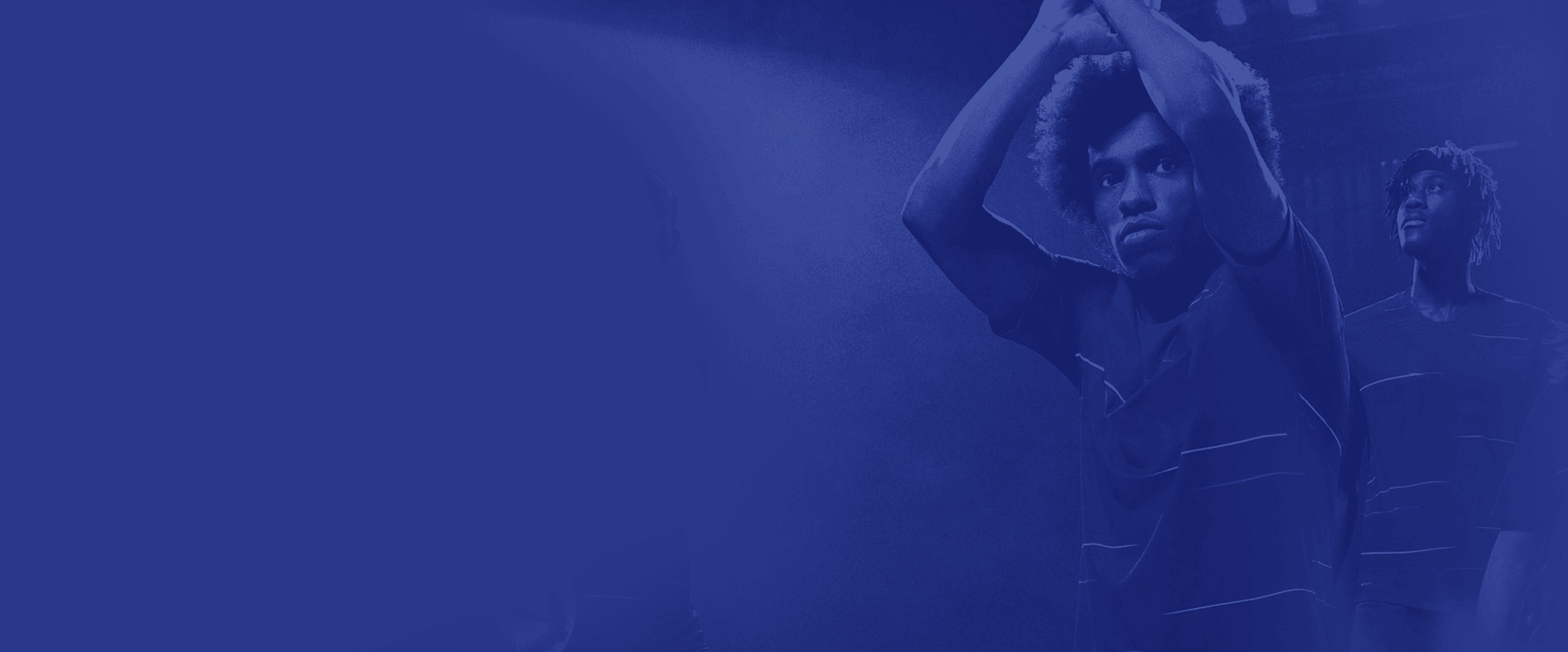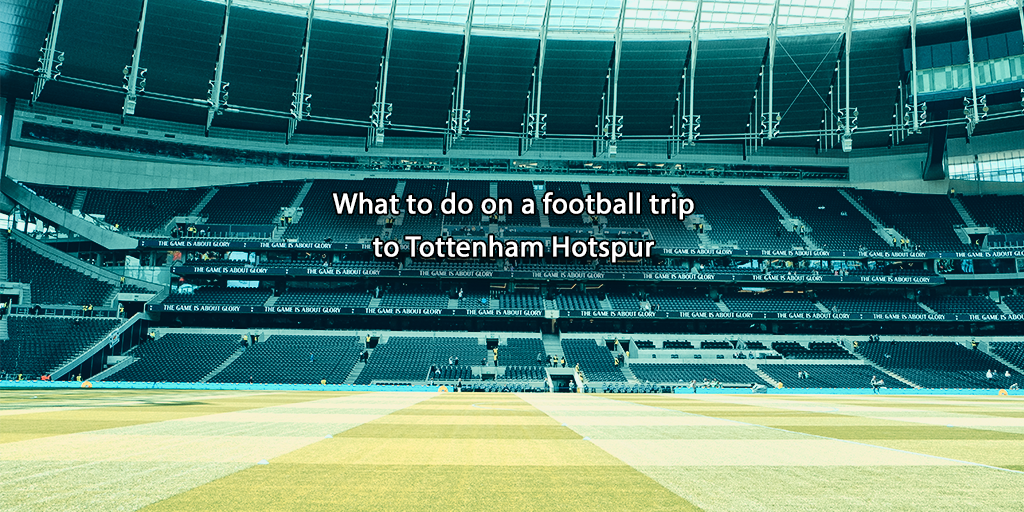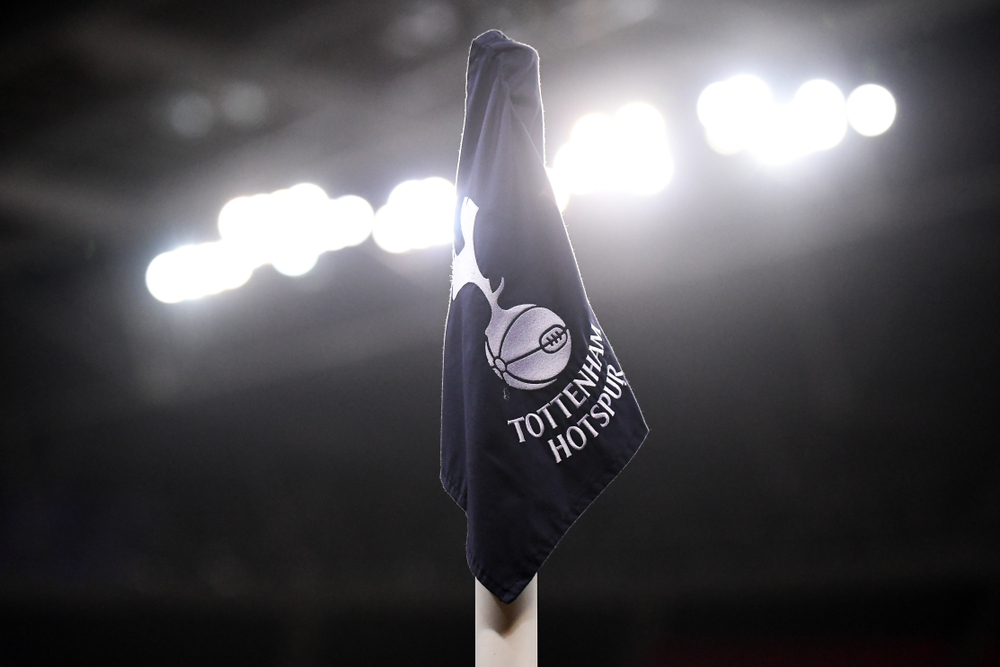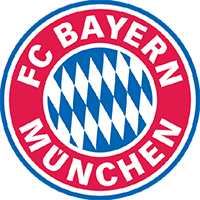The Allianz Arena is one of the most modern stadiums in Europe. With a capacity of 75,024, it is the largest stadium in Germany after the Signal Iduna Park. Nonetheless, it is very tricky to obtain tickets as a private individual. Top matches are sold out instantly, partly because of the relatively low price of the tickets. Luckily, Voetbaltravel makes sure you get entry tickets.
The Allianz Arena was opened in 2005 with the intention of being featured in the World Championship held in Germany in 2006. Both Bayern Munich and city rival 1860 Munich played their home matches there, until Die Löwen returned to the old Stadion an der Grünwalder Straße in 2017.
It is a true Arena, in which all stands are merged together without any open corners.
The fanatical supporters are found in the Süd Stand. The West Stand is the main stand where the dressing rooms, the player tunnel and the dug-outs are found. The Allianz Arena is highly recognizable thanks to its layer of foil cushions with LED lighting on the outside. This lighting allows the stadium to take on different colours. When Bayern is playing, the stadium is coloured red. However, during international matches, the stadium is lit up white.
Practical information
The Allianz Arena is situated in the Fröttmaning neighbourhood, at a distance of 12 kilometres from the centre of Munich. The stadium of Bayern Munich can be reached by the local metro, the S-Bahn. From the Marienplatz, the city’s central square, you can take metro line 6 in the direction of Garching-Forschungszentrum. After 16 minutes, you get off at Station Fröttmaning. You will be able to see the Allianz Arena from here, and you will join thousands of other supporters in walking to the stadium in about 10 minutes. If you leave from Munich’s central station, you will first take metro line 1, 3, 4 or 8 in the direction of Marienplatz and transfer to line 6 there.
Other means of public transport are not really an option. You would have to take a tram and two buses from the centre, after which you still have to walk for 10 minutes. That is why the metro is the only fast way to arrive at the Allianz Arena.
If you prefer to take a taxi, take into account a travel time of 20 minutes from the city centre and a price of around €30.
Allianz Arena Stadium tour
During your football trip to Der Klassiker, you should definitely reserve time for a visit to the Bayern Munich club museum. Spread out over more than 3000 square metres, the club’s entire history is presented. For instance, you can find all different uniforms and all of the prizes they have won. A highly impressive feature is the special display case showing off the six prizes they won during the season of 2019-2020. The national title dish, the DFB cup, the German Supercup, the Champions League, the European Supercup as well as the World Cup are all on display next to each other. In addition, temporary exhibitions are presented as well. Nearly three million visitors visited this amazing museum in a period of ten years. The FC Bayern Museum is opened every day of the week from 10:00 a.m. to 6:00 p.m. The fees are €12 for adults and €6 for children up to 14 years old.
You can also combine the museum visit with the Arena Stadium Tour. Led by a guide, you will visit the dressing rooms, the press room, the mixed zone, the player tunnel and the stands. The fee for the FC Bayern Museum and the Arena Tour is €19 for adults and €11 for children from 6 to 13 years of age. Tours are organised daily between 10:00 a.m. and 5:00 p.m., except on match days.
On match days, you have the option of booking a special ‘FC Bayern Spieltagstour’. This requires you to have a ticket for the match. Shortly before the match, you will go on a one-hour tour through the Allianz Arena. You will visit the sponsor lounge, the business club and the player tunnel. A visit to the club museum is included as well. The fee for the match tour is €49 for adults and €39 for children up to 13 years old. Due to the fact that a very limited number of spots are available, you will have to make a reservation well in advance.
Want to witness the German Clásico yourself?
Book a football trip to Bayern Munich
Book a football trip to Borussia Dortmund




